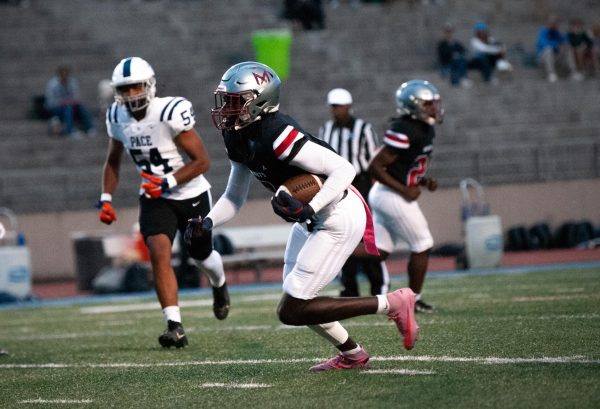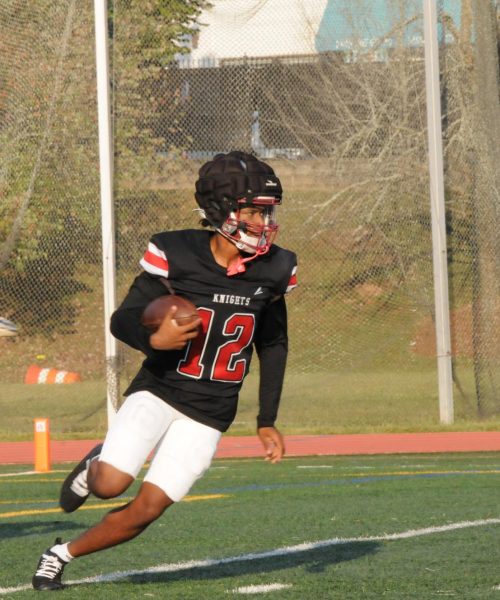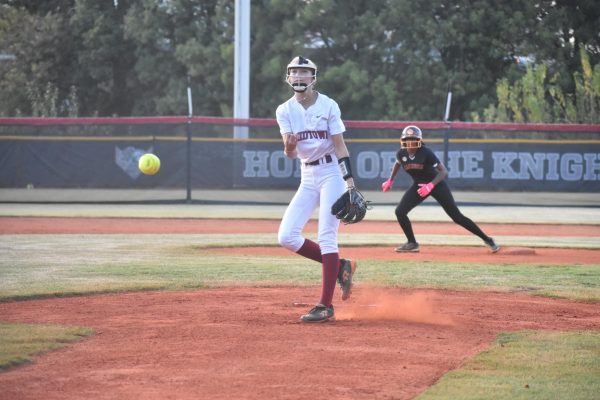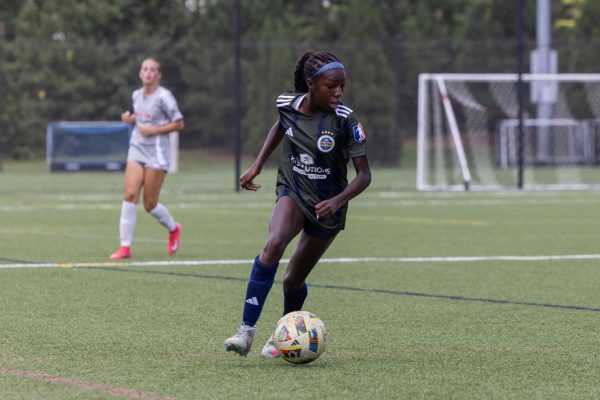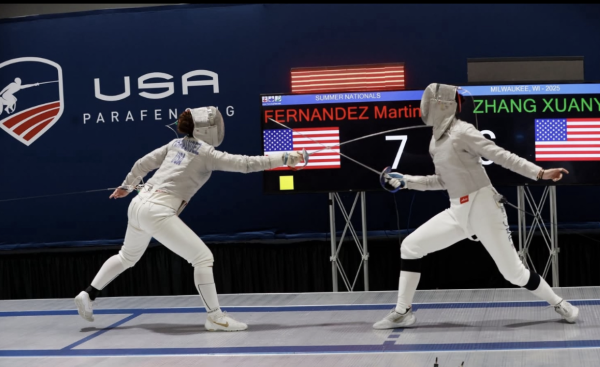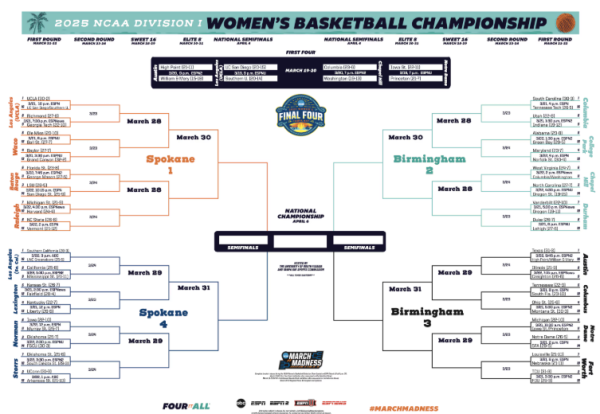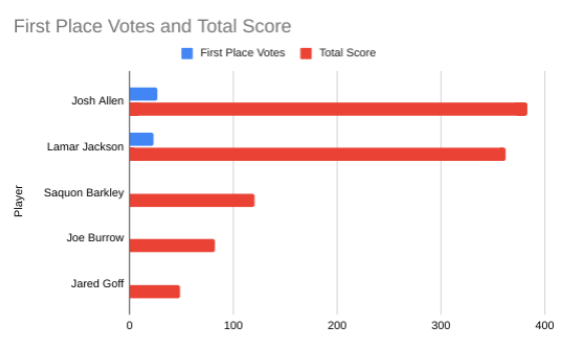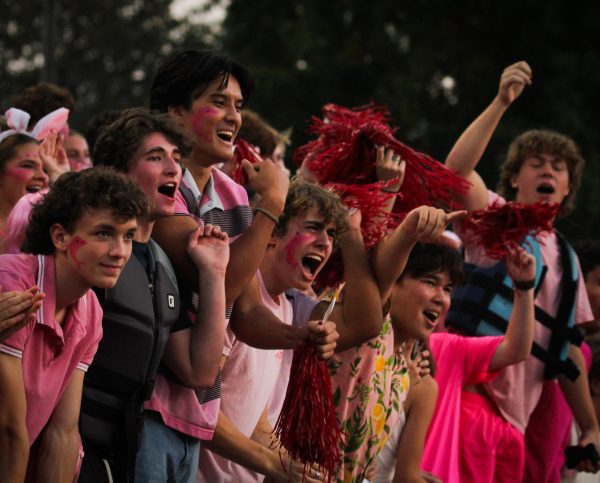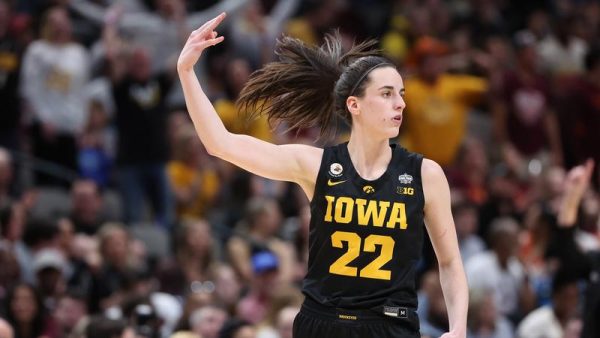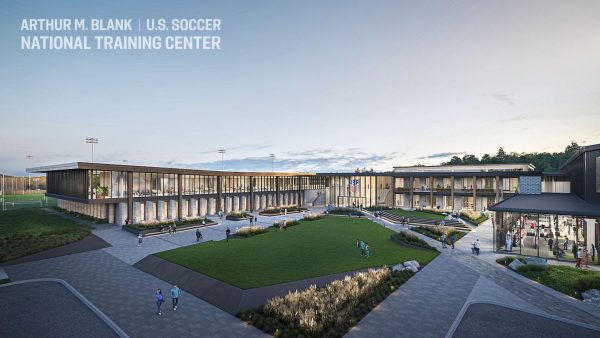Should the billion dollar NCAA pay college athletes?
The term ‘student athlete’ in college is somewhat of a misnomer because athletics dominate the majority of the students’ time. Most of the time, the athlete has no say in which comes first: sports or school.
An indentured servant is defined as a person under contract to work for another person for a definite period of time, usually without pay. High school athletes sign a contract and go to a college for four years, without any compensation. Collegiate student-athletes may spend more than 40 hours a week practicing, leaving little time to keep up with academic commitments.
Men’s basketball players miss upward of 20 percent of their spring semester class days for athletic purposes, even though these colleges promise their athletes a full education in exchange for their athletic services.
Athletes help generate sports revenue for their schools through ticket sales, bowl games, merchandise, championship money, and TV contracts. Therefore, these student athletes should be financially compensated for their work.
The current status of student athletes shows they are employees, yet student athletes are unable to exercise a fundamental right of workers: the right to unionize. The groundwork is already there for student athletes to be employees; however, they aren’t deservedly treated so. Colleges don’t provide proper long-term health insurance and disability benefits for on-field injuries, and athletes aren’t directly compensated by their colleges for lost earning potential due to injuries.
Once a student athlete is recognized as an employee under the Fair Labor Standards Act, they would gain access to all the other laws concerning employees. One of these laws includes the Office of Worker’s Compensation Programs, which provides wage compensation benefits and medical treatment. Twenty-five percent of student athlete injuries are severe injuries, causing them to miss practice time. This has a major impact because it is immoral to not compensate student athletes for injuries sustained in the sport.
Schools have always claimed their objective is education. Sports are a secondary consideration. Despite those claims, administrators at the colleges spend a great deal of time and effort attracting more money to their institutions and at many schools, the greatness of an athletic program is measured in dollars and cents, not trophies and championships.
Today, it is common knowledge that many university administrators and collegiate coaches are extremely well-compensated for their work, often enjoying seven-figure salaries. If the NCAA is passing the billions of dollars gleaned from sports down to member schools, one would think the schools could support education by awarding more scholarships.
Without this valuable education, many athletes are not prepared for life after college. Shane Battier, a former Duke University basketball player, said his college athletic schedule was more demanding than his schedule as a professional basketball player in the NBA. Therefore, what athletes receive in exchange for their efforts is merely the cost of tuition, not the value of an education. Student-athletes are brought to universities more as performers than aspiring undergraduates.
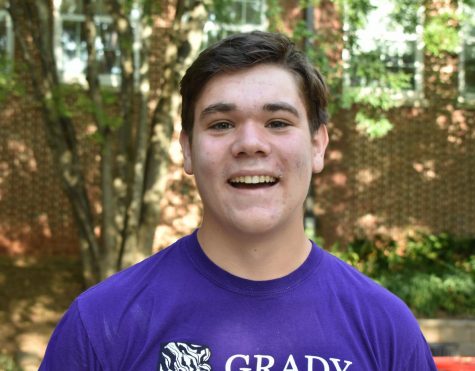
Mills is the online sports editor for the Southerner. When he isn't working for the newspaper he is debating for the Grady Jesters in Public Forum debate,...

